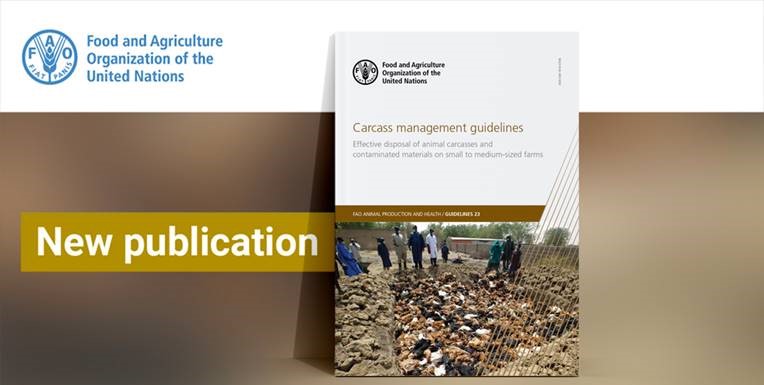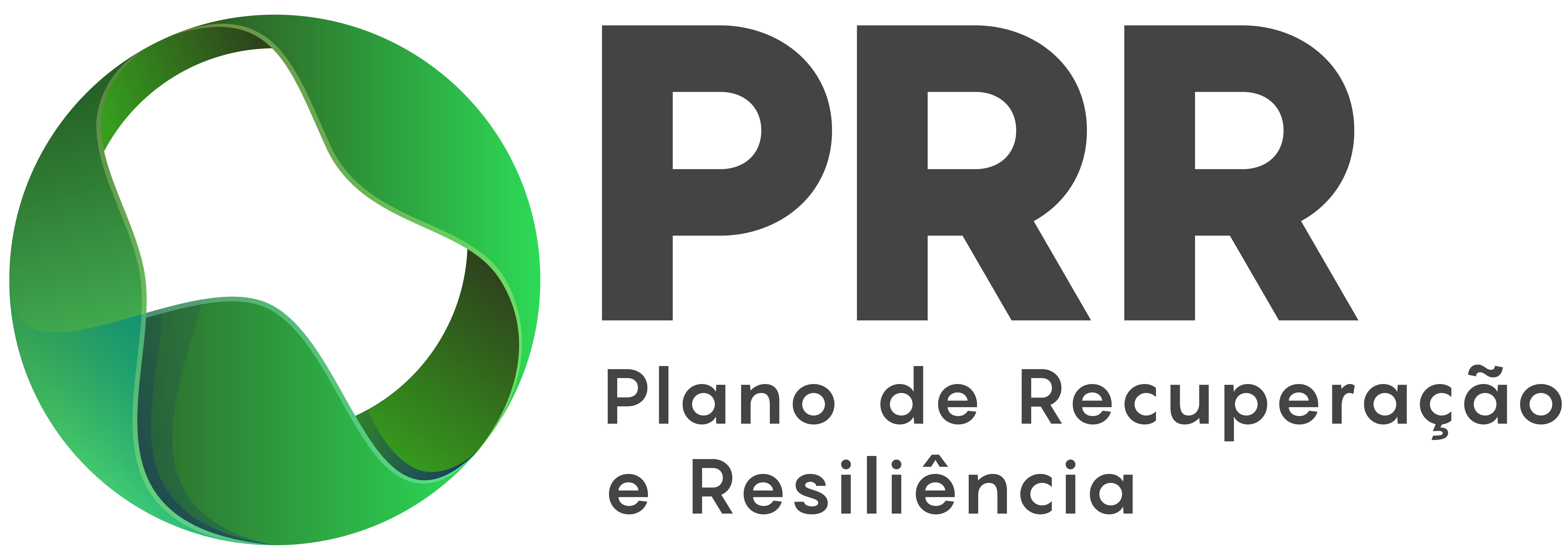
 Abstract: Animal disease outbreaks pose many challenges for response authorities that can impact livelihoods, food security, and the environment. Proper disposal of animal carcasses that die or are culled during the outbreak is a key component of a successful response to a disease outbreak because it helps prevent or mitigate the further spread of pathogens and in case of zoonotic disease, to further protect human health.
Abstract: Animal disease outbreaks pose many challenges for response authorities that can impact livelihoods, food security, and the environment. Proper disposal of animal carcasses that die or are culled during the outbreak is a key component of a successful response to a disease outbreak because it helps prevent or mitigate the further spread of pathogens and in case of zoonotic disease, to further protect human health.The practical guidelines presented hereby provide carcass and related waste management considerations and recommended procedures for use by Veterinary Services and other official response authorities when developing animal disease outbreak containment and eradication plans. The guidelines apply to animal disease outbreaks of varying sizes, whether the outbreak is isolated to a single premise or spans a region to cover numerous premises. However, they are focused on small to medium-sized holdings in countries without access to engineered landfills, rendering plants or controlled incinerators. The guidelines are written in the spirit of “keep it simple and doable”, considering the limited human and financial resources that many countries are constrained with. Its presentation and practical approach ensure that countries will find it very useful for their emergency operation procedures toolbox. Further, the guidelines directly contribute to the one-health approach by protecting the health of animals, humans, and the environment.
Download here.













